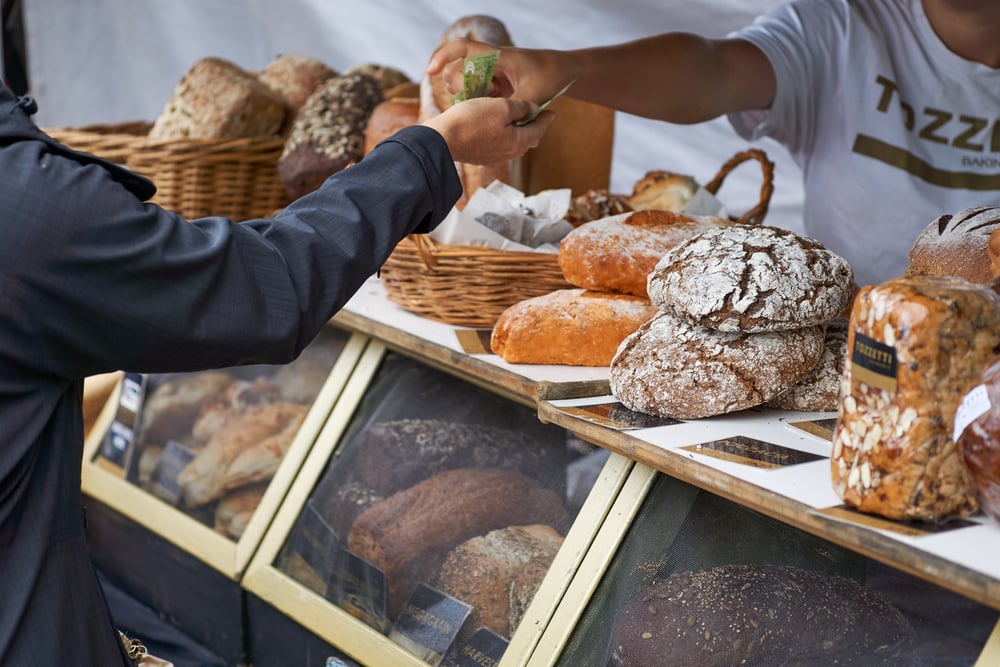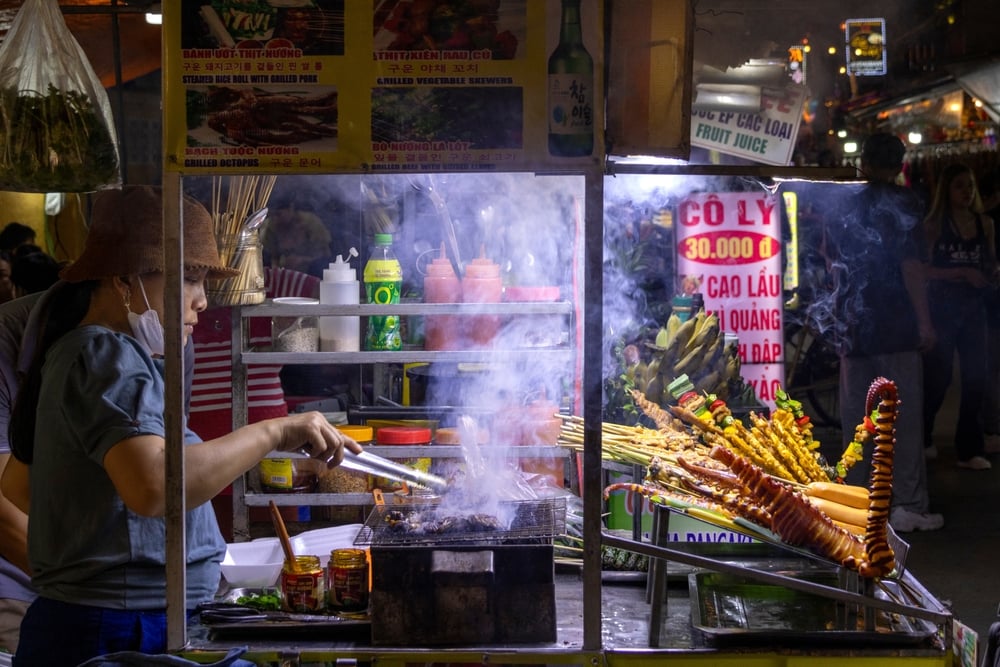Explore how tipping expectations differ across 12 countries to avoid common travel mistakes.

Tipping customs vary widely around the world, often leaving travelers confused about when and how much to tip. Some countries include service charges in bills, while others expect cash tips or find tipping unnecessary altogether. Understanding these cultural differences helps prevent unintentional offense and ensures respect for local hospitality practices. Familiarity with each country’s tipping etiquette can enhance travel experiences and ease social interactions.
1. Japan handles tipping with minimal custom and sometimes finds it rude.

In Japan, tipping is not common and may even be viewed as disrespectful. Instead, Japanese culture emphasizes offering the best service possible without expecting additional gratuity. Exceptional service is part of the profession, and leaving a tip might imply that the staff needs extra money.
As a result, many restaurants and service providers include service charges in the total bill. This practice reinforces the belief that quality service doesn’t require extra payments. Travelers should appreciate the attention to service but refrain from offering monetary tips, which could unintentionally offend staff, as shared in Trtl Travel.
2. South Korea usually does not expect tipping in most service settings.

South Korea traditionally does not have a strong tipping culture, especially in most regular service settings. High-quality service is considered part of the basic package without necessitating additional compensation. Most hotels and restaurants follow this norm, although occasional tips may occur in tourist-heavy areas.
While western influences have introduced tipping in some instances, it remains primarily at the discretion of the customer, CNN reports. Instead of overtipping, embracing the local customs of appreciating good service without monetary gestures helps respect the cultural norms that value excellent service as a given.
3. China rarely uses tipping and often includes service in the bill.

In China, tipping is not a widespread practice and often confuses travelers. Many hotels and restaurants incorporate service charges directly into their bills, making extra tips unnecessary. This approach helps ensure service staff is compensated fairly without placing extra burdens on customers.
A gratuity may be more common in international hotels or those catering specifically to foreigners, yet it’s not routinely expected elsewhere, as mentioned by BBC. The existing custom of including service fees helps maintain smooth financial transactions, reinforcing the practicality of comprehensive billing rather than separate tipping.
4. Australia has tipping as optional and typically only in exceptional cases.

Tipping in Australia is more of an optional gesture rather than a societal expectation. The service industry encourages high standards through decent wages, and tips are offered mainly as recognition for extraordinary service. This optional norm means travelers shouldn’t feel compelled to tip indiscriminately where it’s not customary.
Typically, applying a tip in exceptional cases such as exceptional service at upscale venues emphasizes the appreciation rather than obligation. Focusing on the act of acknowledging great experiences rather than routine tipping cultivates mutual respect rather than creating financial pressure on guests.
5. New Zealand shows appreciation but tipping is never mandatory or expected.

In New Zealand, tipping is not customary and rarely expected. Visitors often find that displays of appreciation through harmonious interaction are more valued than financial rewards. High wages ensure staff members earn sufficient income without relying on tips, aligning with the country’s appreciation of sincere service.
Yet, when someone provides exceptional service, a small token of gratitude might be accepted graciously but unnoticed if omitted. This absence of formal tipping enables freedom from obligatory transactions, allowing travelers to engage more genuinely with services they receive.
6. Sweden prefers no tipping as service charges are usually included upfront.

Sweden opts for including service charges directly in the bill rather than traditional tipping practices. The system ensures all guests know what they are paying without the need to guess additional tipping amounts. Embedded service charges maintain transparency and uniformity across service sectors.
Guests often find this method practical and straightforward, avoiding confusion about appropriate tip amounts. While some individuals might still round up the amount, it remains entirely at their discretion, fostering a culture where excellent service is standard practice rather than financially incentivized.
7. Denmark typically embeds service in the price, making tipping uncommon.

Denmark typically incorporates service in the provided price, which means tips are generally not necessary. Salaries for workers in hospitality sectors reflect the value of good service, removing reliance on guest-based gratuity. The predictable financial interactions offer clarity and simplicity for both locals and tourists.
The absence of expected tips does not discourage exceptional service. At times, rounding up the bill is welcomed but not expected, allowing guests to express gratitude based on personal judgment, ensuring cultural norms remain respected while revisiting familiar experiences.
8. Finland generally does not encourage tipping and service is considered included.

Finland’s service-oriented culture includes compensation directly through service fees rather than separate tipping amounts. Consequently, guests don’t need to calculate extra gratuities. This approach reflects the value placed on equity and simplicity in financial transactions, reinforcing equitable pay for all involved.
Rather than having to offer various additional tips, the incorporation of fees into menu prices ensures fairness for consumers and stability for staff. Spending leisure time in Finland emphasizes savoring experiences without worrying about customary financial gestures since service quality already meets high local expectations.
9. Norway finds tipping unnecessary but rounding up bills is sometimes polite.

Norway generally views tipping as unnecessary due to comprehensive wage systems that support service staff. While tipping is certainly not mandatory, rounding up small amounts on a bill can serve as a polite gesture of appreciation. Such actions highlight respect rather than fulfilling unsaid obligations.
Visitors often appreciate the meritocratic approach where excellent service doesn’t depend on external gratuities but rather inherent professional competence. The voluntary nature of these constitutionally grounded gestures reflects cultural respect for quality craftsmanship and the value attached to rewarding work through honest interaction.
10. Singapore includes service charges, so tipping directly can cause confusion.

In Singapore, a 10% service charge is typically included in dining and service bills, reducing the need for additional tipping. This system allows the staff to be rewarded fairly without relying on tips. Directly tipping can also lead to awkwardness as it deviates from established norms.
Understanding this structure helps tourists navigate their transactions smoothly in Singapore’s diverse hospitality landscape. Where quality service is already accounted for financially, ensuring stress-free enjoyment respects local economies and the functional realism behind the gratuity-inclusive approach in dining experiences.
11. Taiwan often sees tipping as unusual and service fees might be added.

Tipping in Taiwan is not commonly practiced, and service fees may already be integrated into bills. While international tourists may instinctively reach for their wallets after a meal, locals typically appreciate good service without monetary gestures. As a result, confusion might arise around what constitutes appropriate tipping.
Hospitality venues rarely anticipate tips, aligning their practices with sustainable wage models. Any additional gratuity might be declined courteously, reflecting the national customs that prioritize service integrity over financial enticements. Travelers should recognize these norms to align with respected local traditions.
12. Iceland does not have tipping customs as service is always included.

Iceland does not have a tradition of tipping because service is always incorporated into the pricing structure. The hospitality industry standardizes service fees across the board, simplifying interactions. Professionals are compensated through standard rates, ensuring high-quality service without the influence of tipping incentives.
This method embraces clarity and trust, avoiding guesswork regarding gratuity amounts. As tourists explore, understanding the absence of tipping expectations enhances their cultural immersion by matching native customs. Iceland’s model inspires relaxation and appreciation freed from obligatory financial exchanges.
